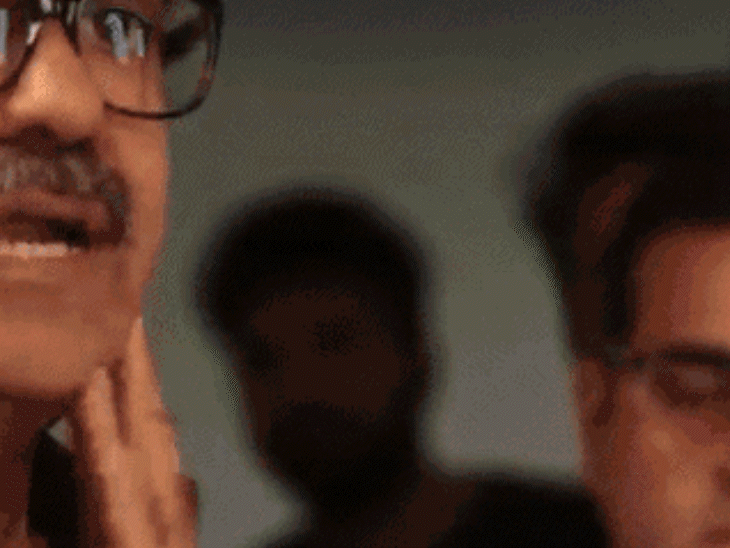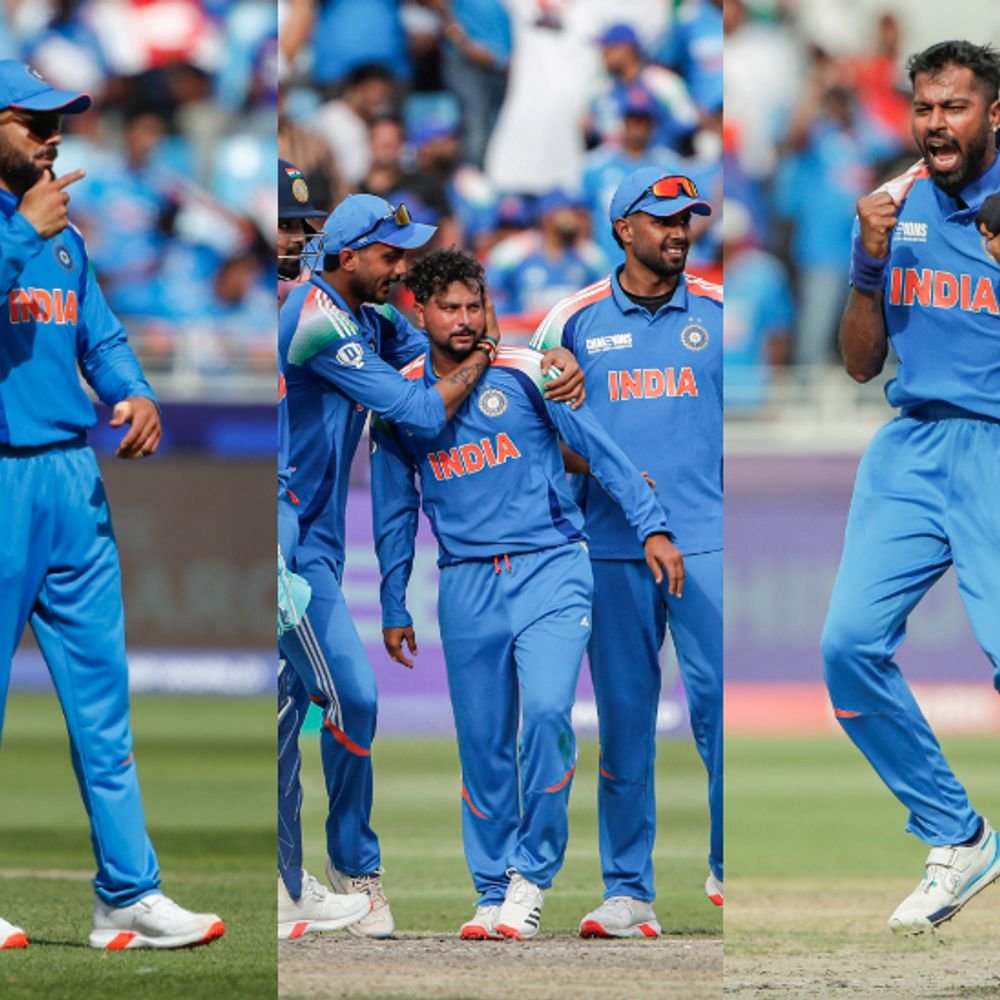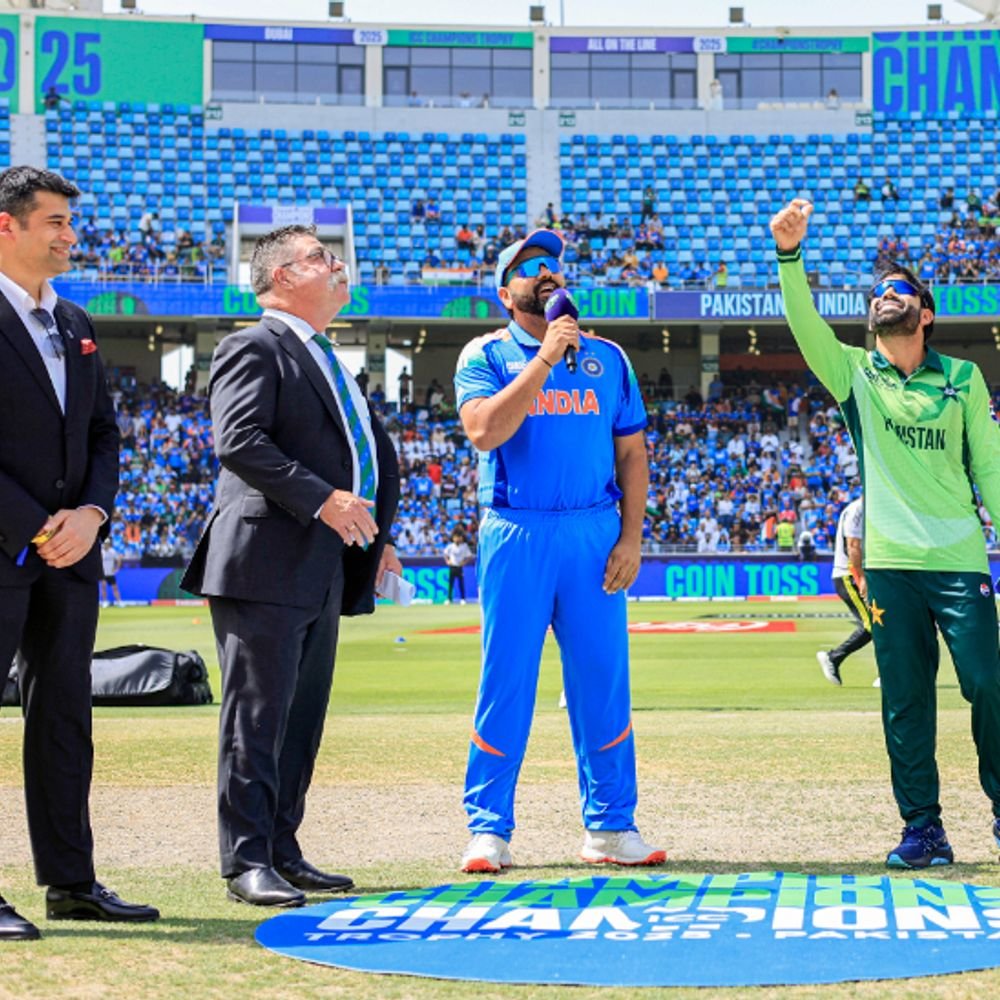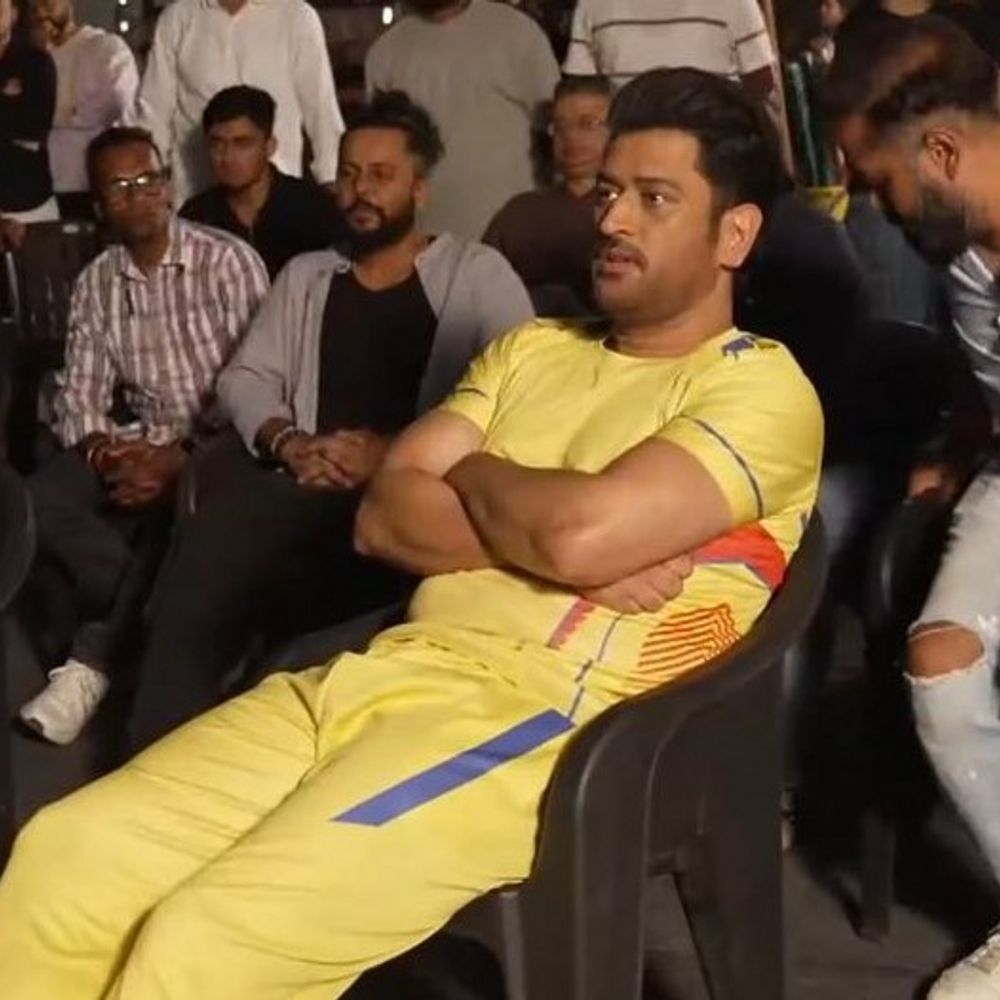The controversy over Chhatrapati Sambhaji Maharaj's dance scene in 'Chhava' highlights filmmakers' dilemma between historical accuracy and creative freedom. Though based on Shivaji Sawant's novel, the scene's removal following criticism demonstrates the sensitive nature of portraying historical figures in entertainment. Making biopics requires securing multiple rights – life, image, and supporting material rights – to ensure legal compliance and authentic portrayal. Without proper rights, filmmakers risk legal issues and family disputes. Directors Tushar Hiranandani, Shaad Ali, and advocate Tarun Sharma discuss the complex process of rights acquisition and challenges faced in biographical filmmaking. Director-Producer should know the facts During the conversation, advocate Tarun Sharma said – Recently in the trailer of the film 'Chhava', Sambhaji Maharaj was shown playing Lezim, which created a lot of controversy. This happens with every biopic. Producer-Director should not make a biopic without knowing the facts, but for their creativity, they create doubt among the viewers. Facts were missing in the film 'Sanju' As a court practitioner during Sanjay Dutt's trial, I witnessed the actual evidence and verdict. However, 'Sanju' portrayed a different narrative, omitting crucial details about his role in the 1993 blast case. The film not only misrepresented court proceedings but also included inappropriate content about his relationships, which went unchallenged Tampering with facts in the name of creativity The film 'D Company' showed the story of Dawood Ibrahim, the mastermind and most wanted accused of the 1993 bomb blast. Nowhere in this film was it shown that Dawood fled India after carrying out the bomb blast. What condition Mumbai city was in after the blast. How much the riots between Hindus and Muslims increased after that incident. Legal process is required to make a biopic film If a film is being made on a living legend, permission needs to be taken from that person and their family. After that, things need to be sorted out with their legal heir. Then the research team has a big responsibility for the facts. A legal agreement needs to be made with the family. Terms and conditions need to be established. It depends on the family how much money they demand. After mutual agreement between the family and filmmaker, an agreement for monetary transaction is made. What can happen if a biopic is made without permission? Unauthorized biopics often face legal challenges, with families seeking court stays and filing defamation cases over misrepresentation or false information. To avoid legal complications, filmmakers must obtain consent from the subject or, if deceased, their legal heirs before proceeding with biographical films. What needs to be done in a defamation case? The defamation legal process demands thorough evidence presentation, court proceedings, and witness statements. From initial notice to final verdict, cases follow strict procedural guidelines. However, most parties opt for settlements before reaching the final judgment. Director Tushar Hiranandani emphasizes that biopics must balance entertainment with authenticity, avoiding a documentary-like approach. Acquiring rights is often challenging, as demonstrated with 'Saand Ki Aankh' and 'Srikanth'. While famous personalities command higher compensation for rights, lesser-known subjects receive modest amounts. Creative liberty must remain realistic to the subject's life circumstances. Filmmakers must obtain family approval and signatures on scripts to prevent controversies. For book-based biopics, like 'Scam 2003', purchasing book rights allows creative interpretation. Director Shaad Ali adds that filmmakers have both ethical and professional responsibilities to present stories truthfullyOriginal Article
Home Entertainment What happens during the filming of a biopic?:’Sanju’ faced fact gap; script signatures crucial to avoid defamation, legal processes, terms and condition
What happens during the filming of a biopic?:’Sanju’ faced fact gap; script signatures crucial to avoid defamation, legal processes, terms and condition








